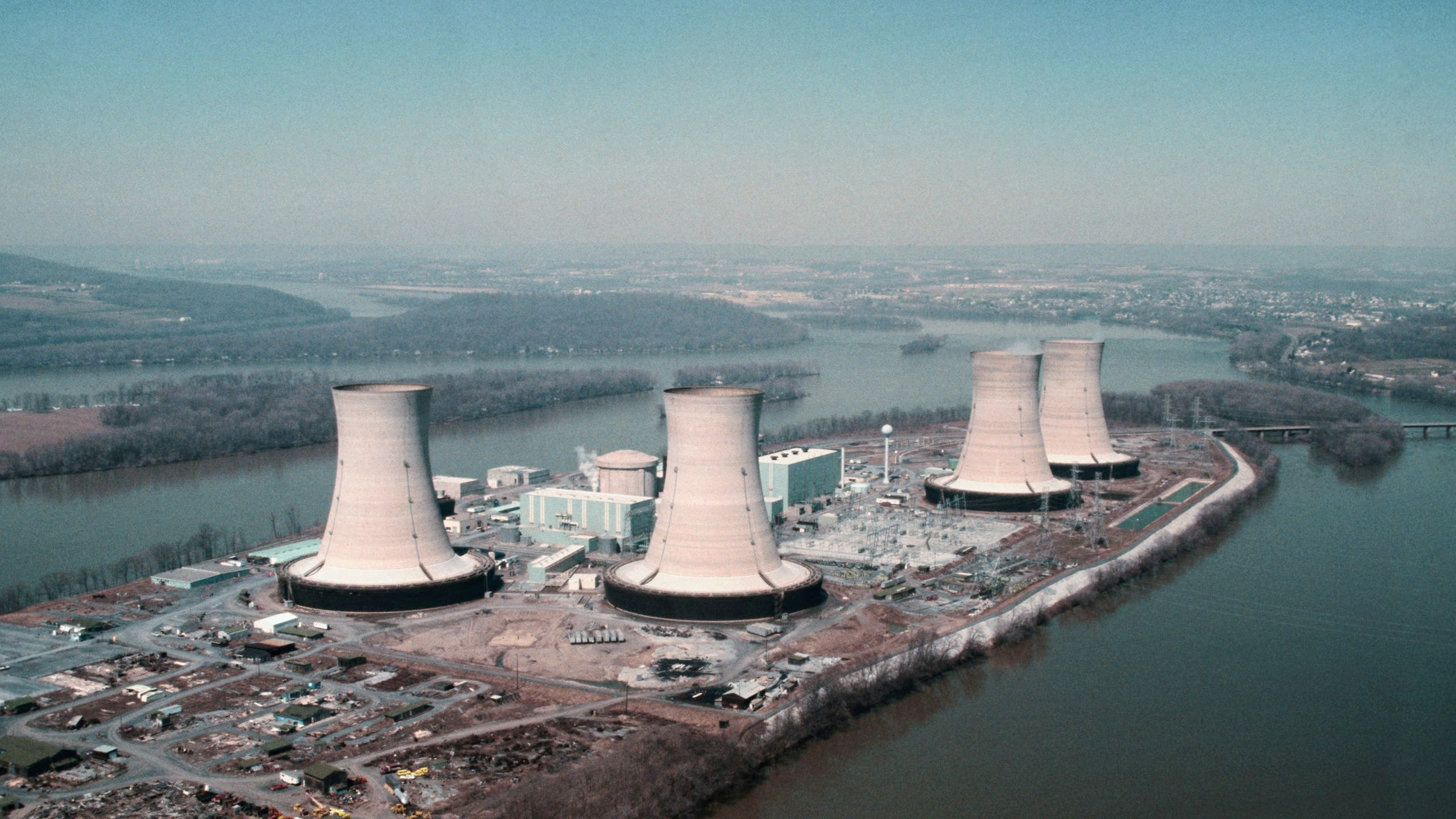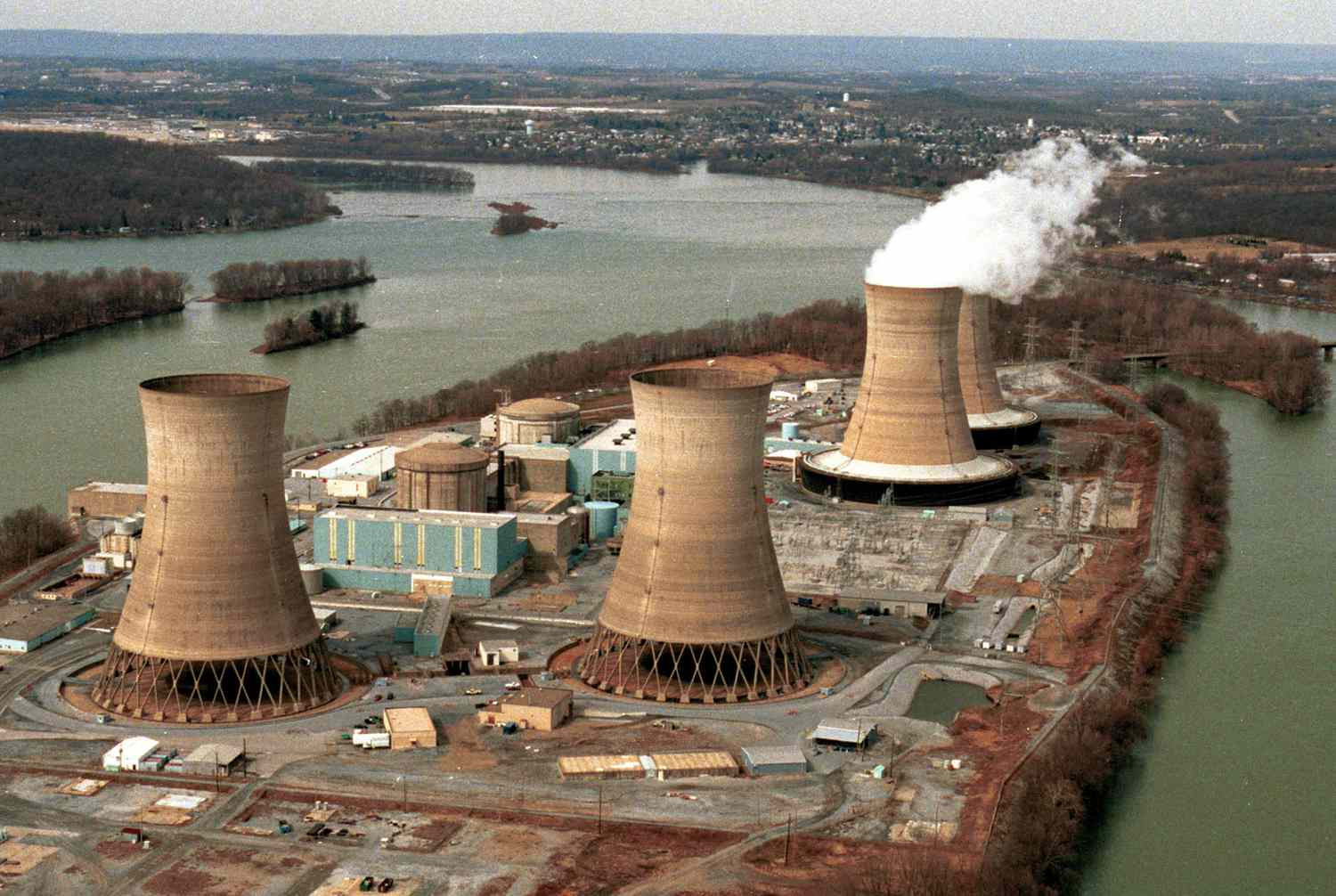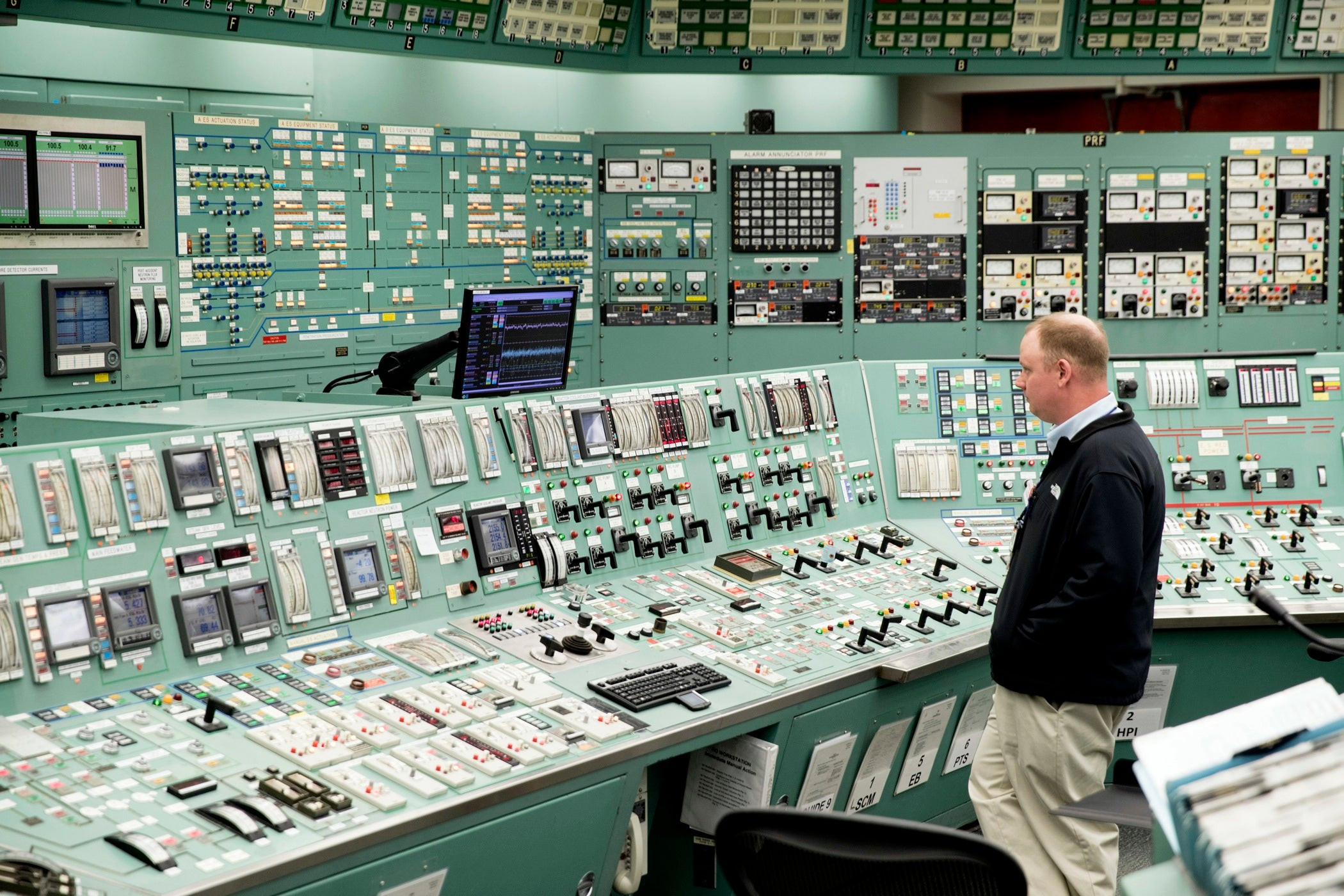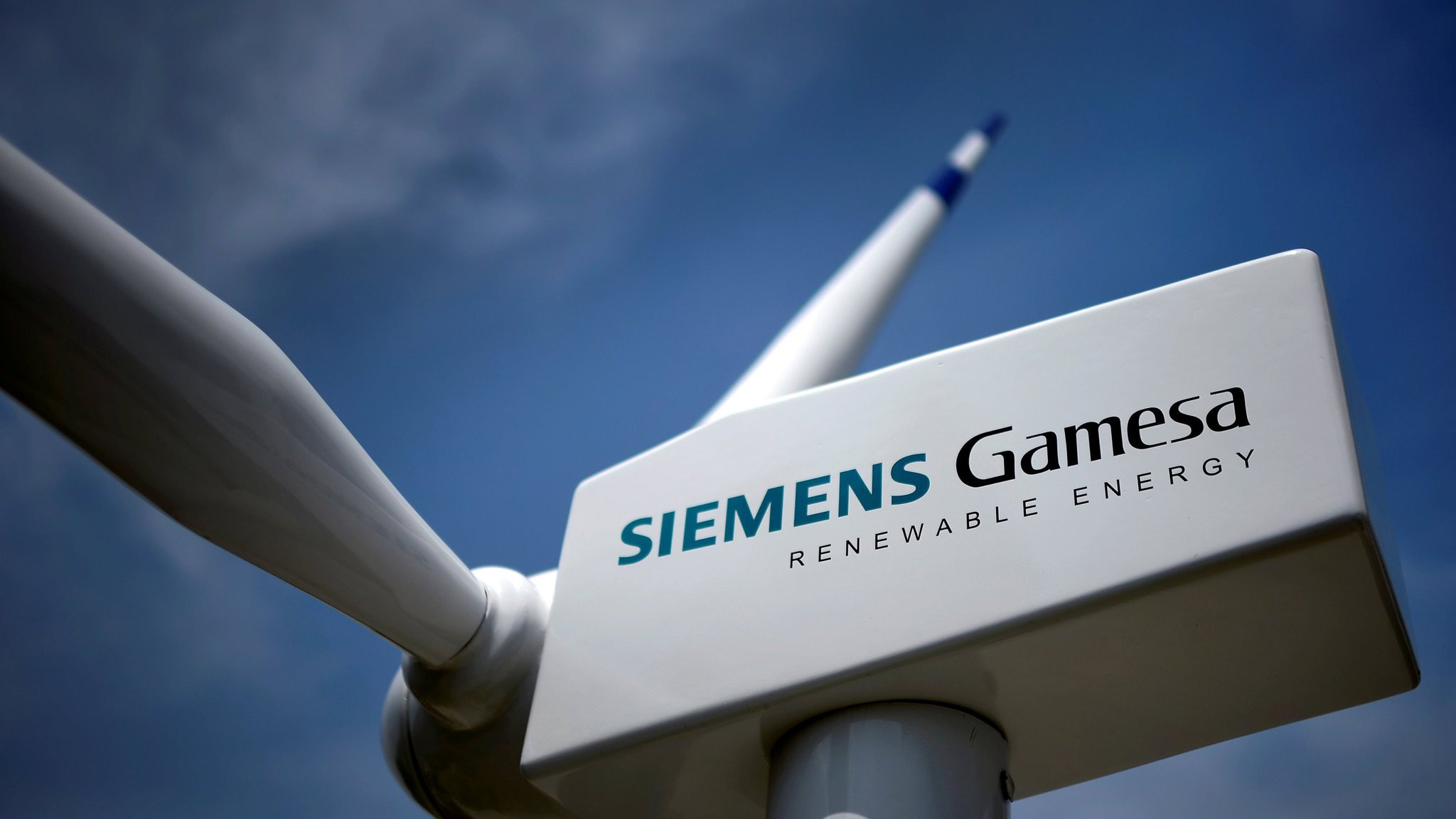Three Mile Island, the shuttered Pennsylvania nuclear power plant that was the site of a 1979 reactor accident that remains the worst commercial nuclear power plant accident in U.S. history, is reopening to generate power for artificial intelligence.
Constellation Energy will restart Three Mile Island Unit 1, one of the facility's pressurized water reactors, for the launch of the Crane Clean Energy Center, which will generate nuclear energy purchased by Microsoft to power the company's AI data center, the companies announced on Friday.
The power purchase agreement “makes sense” because it ensures a stable revenue source for the power plant while providing 24/7 emission-free electricity for the data center, Jacopo Buongiorno, professor of nuclear science and engineering at the Massachusetts Institute of Technology (MIT), told ABC News.
“Since building a new nuclear power plant can be so time consuming and expensive, extending the license of current plants or refurbishing and restarting those that have been recently shutdown is a very attractive proposition,” Buongiorno said via email.
The Crane Clean Energy Center (CCEC) is expected to create 3,400 direct and indirect jobs and add more than 800 megawatts of carbon-free electricity to the grid, according to a study commissioned by the Pennsylvania Building & Construction Trades Council.
“The CCEC will support thousands of family-sustaining jobs for decades to come,” said Rob Bair, president of the Pennsylvania State Building and Construction Trades Council, in a statement. “It will help make Pennsylvania a leader in attracting and retaining the types of reliable, clean energy jobs that will define the future.”
Three Mile Island, located on the Susquehanna River near Harrisburg, Pennsylvania, was shuttered in 2019 for economic reasons, according to Constellation Energy. Owner Exelon Corp said in 2017 that the closing was due to lack of financial rescue from the state.
On March 28, 1979, the Unit 2 reactor core at the Three Mile Island plant partially melted down when equipment malfunctions, compounded by human operator errors, caused a water pump failure that resulted in a loss of coolant to the reactor, according to the U.S. Nuclear Regulatory Commission.
The Unit 1 reactor is adjacent to Unit 2, which was shut down after the 1979 accident and is in the process of being decommissioned by its owner, Energy Solutions, according to Constellation Energy.
Public support for the restart of Three Mile Island is strong, with residents favoring it by a more than 2-1 margin, as long as funding for the restart doesn't require increased taxes or electricity rates, according to a recent poll conducted by Susquehanna Polling & Research.
A unit of Pennsylvania's Three Mile Island nuclear plant will be restarted as part of a new energy-sharing agreement with Microsoft, which plans to use it to power the data centers it operates as part of its push into artificial intelligence.
In a joint release, Microsoft and Constellation Energy, Pennsylvania's main utility, said Three Mile Island Unit 1, a unit separate from the one that sparked the infamous shutdown nearly five decades ago, will be used to provide clean energy to the tech giant as the artificial intelligence arms race heats up.
Constellation shut down Unit 1 in 2019 due to operating losses. Unit 2 was shut down in the wake of the 1979 incident that saw a partial core meltdown that led radioactive compounds to be released into the environment.
Studies have produced a range of estimates for the death toll over the course of 30 years as a result of the radiation release — but it is often cited as having set back America's nuclear-energy push for a generation.
Today, energy has become the new coin of the realm for companies investing in artificial intelligence. That's because the data centers tasked with running the complex calculations needed to power artificial intelligence applications require enormous amounts of power. Restarting Unit 1 will mean bringing 800 megawatts back onto the grid, greater than the amount of hydroelectric power supplied by the Hoover Dam.
Microsoft's vice president of energy touted the clean-energy benefits of reviving the facility in a statement.
“This agreement is a major milestone in Microsoft’s efforts to help decarbonize the grid in support of our commitment to become carbon negative,” Bobby Hollis said. “Microsoft continues to collaborate with energy providers to develop carbon-free energy sources to help meet the grids’ capacity and reliability needs.”
Earlier this week, Microsoft and investment group BlackRock announced a new, $100 billion initiative to develop data centers for artificial intelligence. While analysts are still debating what the AI push has accomplished to date, companies worldwide see it as the next great business opportunity.
Microsoft CEO Satya Nadella recently shrugged off doubts about AI's payoff, comparing it to the trajectory of the Industrial Revolution
“There was not that much industrial growth, and then it took off,” he said at a recent conference. “1817 in the United States to the 1940s was just one of those golden ages.”
Restarting a Reactor After a Meltdown
The restart of Three Mile Island is a major development in the nuclear energy industry. It is the first time that a nuclear reactor in the U.S. has been recommissioned after closure. The restart is also a sign of the growing demand for clean energy, particularly in the artificial intelligence industry.
The Future of Nuclear Energy
The restart of Three Mile Island is a positive development for the nuclear energy industry. It shows that nuclear power can be a reliable and sustainable source of energy. However, the industry faces significant challenges, including the high cost of building new nuclear power plants and the public's perception of nuclear power.
The decision to restart Three Mile Island Unit 1 is a sign that the industry is looking to overcome these challenges. The agreement between Microsoft and Constellation Energy is a sign that the industry is finding new ways to make nuclear power more economically viable.
Is It Really Clean?
While the energy generated from the Three Mile Island facility will be emission-free, the production of the nuclear fuel itself is not, and there is the ongoing concern of dealing with nuclear waste from the power plant.
The 1979 Accident
The restart of Three Mile Island also raises concerns about the safety of nuclear power. The 1979 accident at the plant was a major setback for the nuclear industry, and it continues to be a major issue for the public. The accident was caused by a series of failures, including a malfunctioning valve, a loss of coolant, and a failure to adequately monitor the situation. The accident resulted in the release of radioactive materials into the environment, though the levels were low enough to not pose a threat to public health.
The Nuclear Regulatory Commission (NRC) will have to conduct a thorough safety review before it issues a permit for the restart of the reactor, which is scheduled to be online sometime in 2028. Constellation said it would seek licenses that will extend plant operations to at least 2054.
The Economic Impact of the Restart
The restart of Three Mile Island is expected to create 3,400 jobs and contribute at least $16 billion to the state's economy. This will be a major boost for the Pennsylvania economy.
The Impact on AI and the Future of Energy
The restart of Three Mile Island is a major development in the artificial intelligence industry. The tech giants are investing heavily in data centers, and they are looking for reliable and sustainable sources of energy to power them.
The Big Question: What About The Safety and The Waste?
While the use of nuclear power is a powerful tool to combat the carbon emissions related to climate change, the safety and waste disposal of nuclear power will continue to be a key consideration.
Conclusion
The restart of Three Mile Island is a significant event in the nuclear energy industry. The deal with Microsoft is a sign that nuclear power is becoming more economically viable and that it is a major player in the future of energy. However, the restart also raises concerns about safety and the disposal of nuclear waste. The public will have to carefully consider these issues before deciding whether nuclear power is the right choice for the future.



















